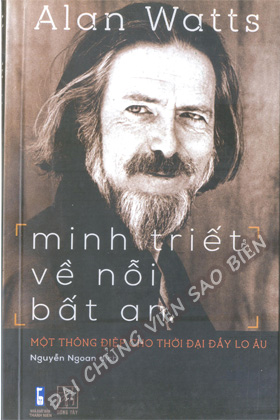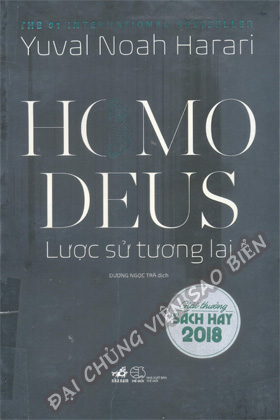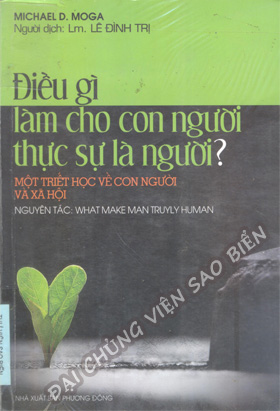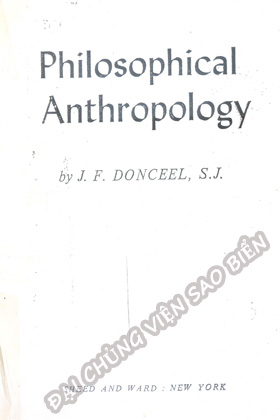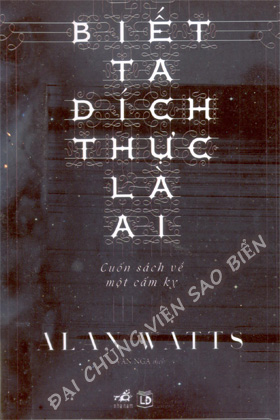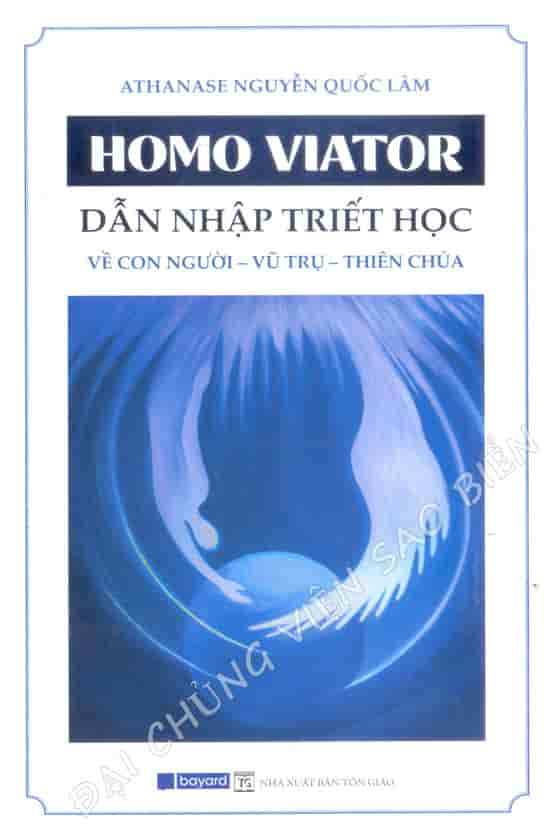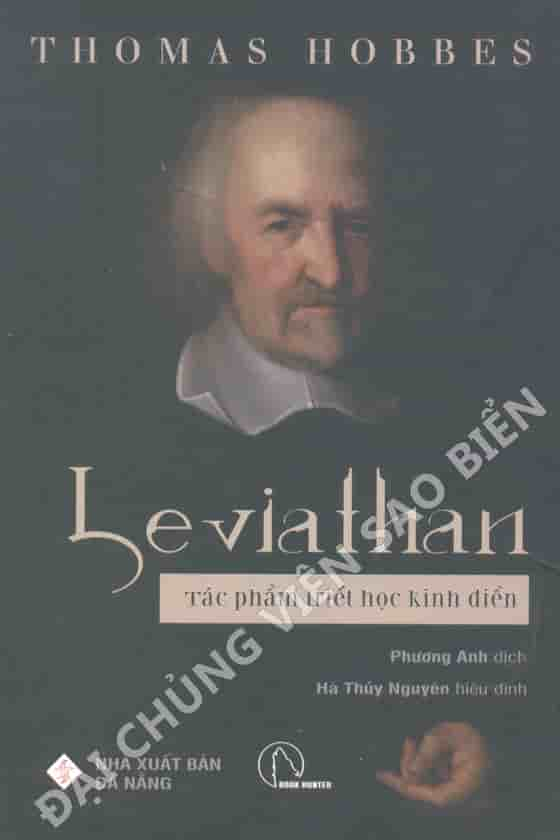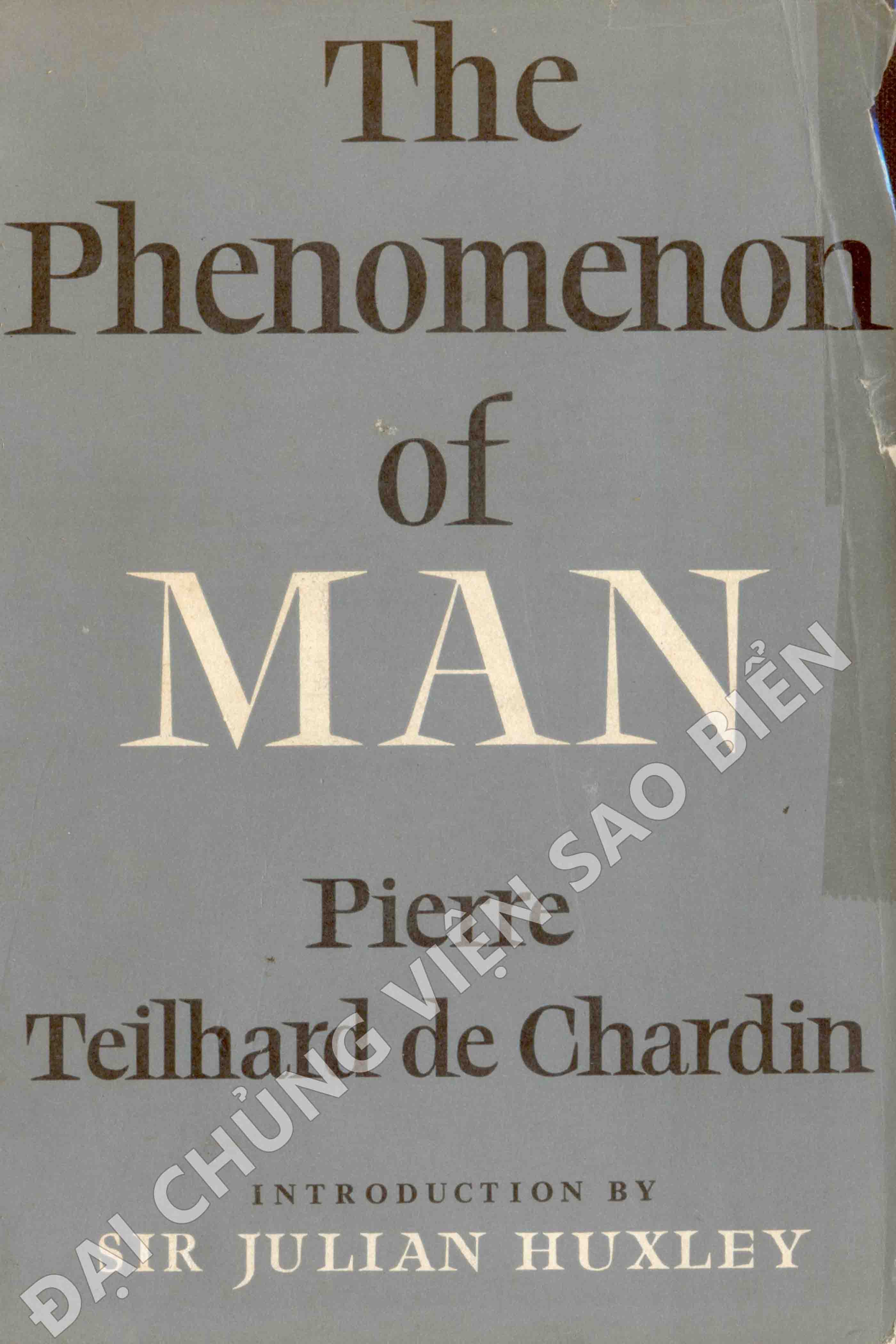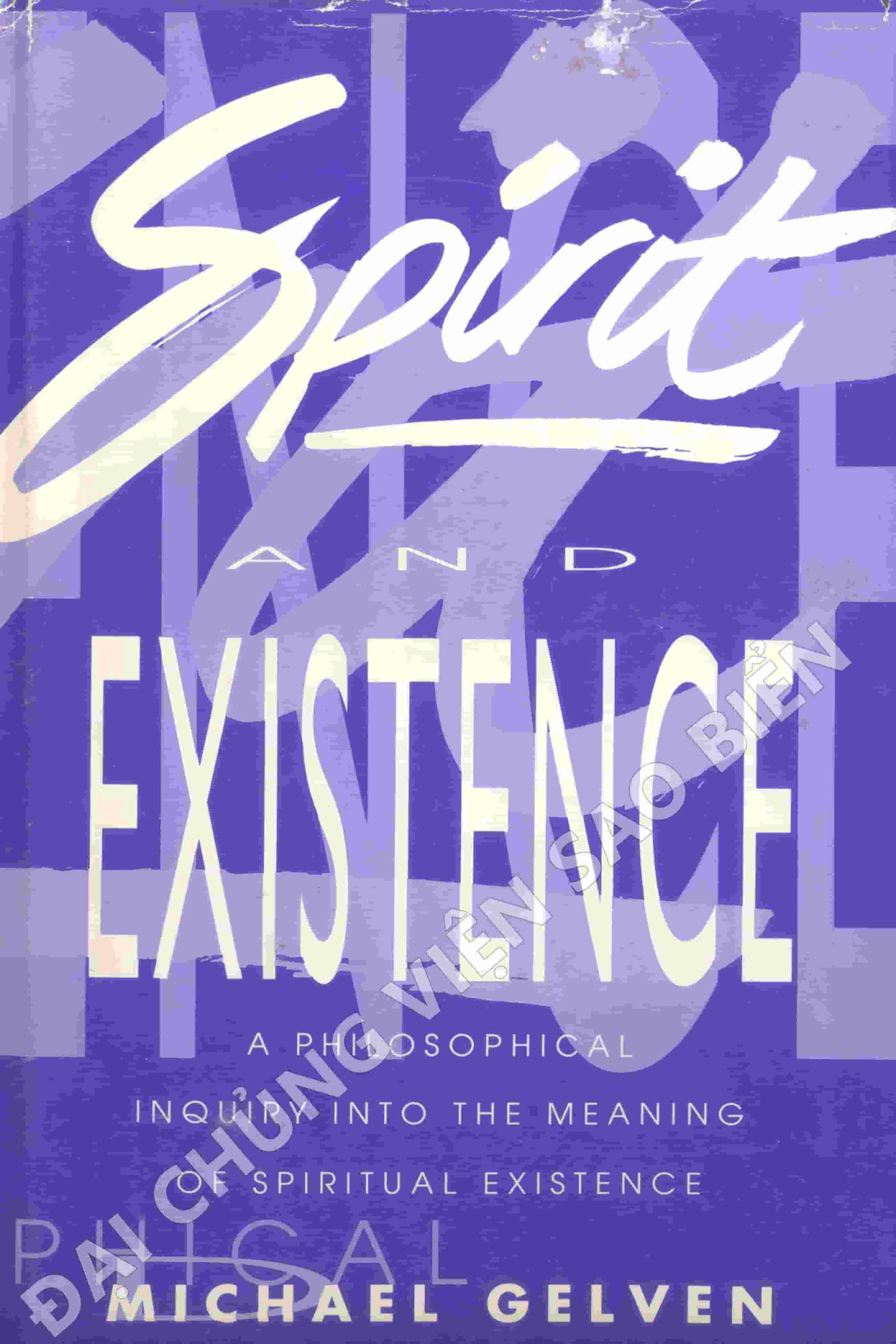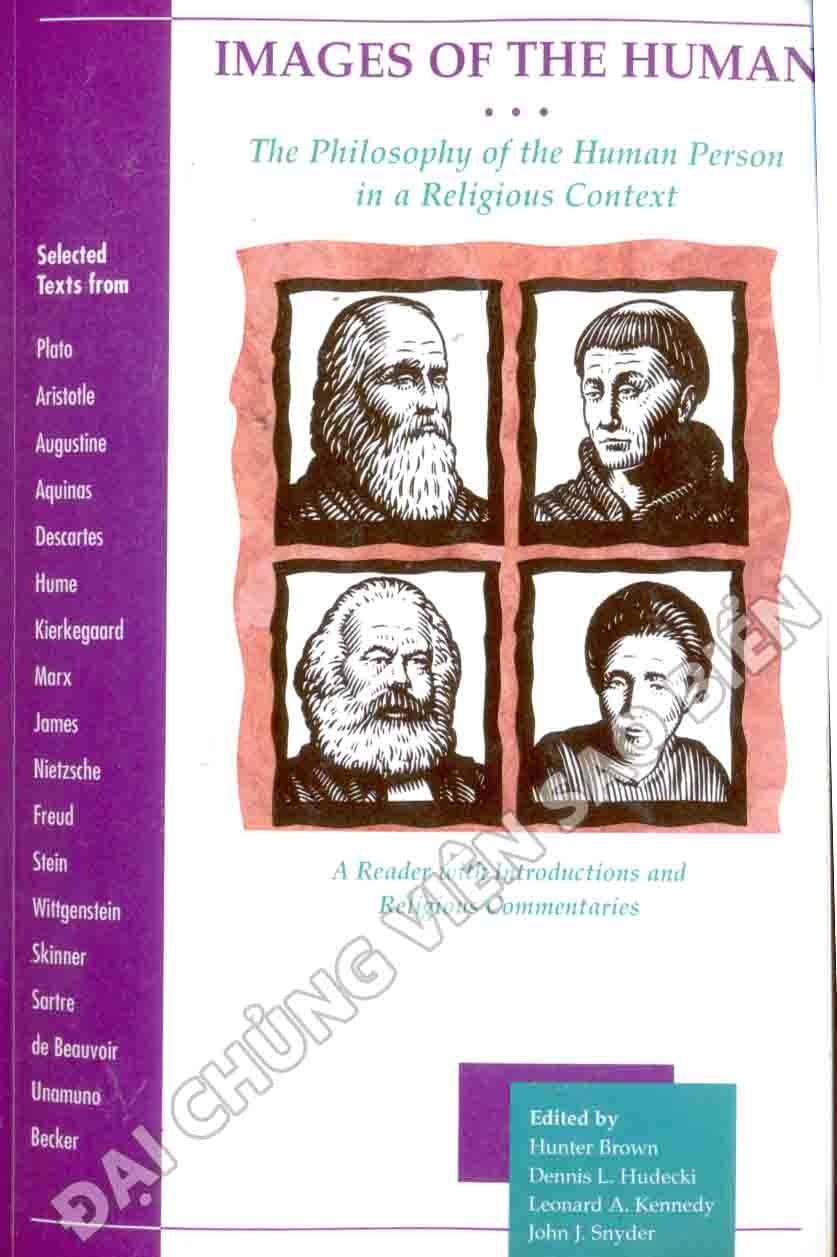| Volume I. Book I. |
|
| Part I: Ideas, their origin, composition, connection, abstraction, etc. |
|
| Of the origin of our ideas |
11 |
| Division of the subject |
16 |
| Memory and imagination |
17 |
| Association of ideas |
19 |
| Modes and substances |
24 |
| Abstractideas |
25 |
| Part II: The ideas of space and time |
|
| The infnite divisibility of our ideas of space and time |
34 |
| The infnite divisibility of space and time |
36 |
| The other qualities of our ideas of space and time |
40 |
| Objections answered |
46 |
| The same subject continued |
59 |
| The ideas of existence and of external existence |
70 |
| Part III: Knowledge and probability |
|
| Knowledge |
73 |
| Probability, and the idea of cause and effect |
76 |
| 'Why a cause is necessary |
81 |
| “The component parts of our reasonings about cause and effect |
85 |
| “The impressions of the senses and memory |
86 |
| The inference from the impression to the idea |
89 |
| The nature of the idea or belief |
96 |
| The causes of belief |
101 |
| The effects of other relations and other habits |
109 |
| Influence of belief |
126 |
| The probability of chances |
131 |
| The probability of causes |
143 |
| Unphilosophical probability |
153 |
| The idea of necessary connection |
170 |
| Rules by which to judge of causes and effects |
170 |
| The reason of animals |
175 |
| Part III: The sceptical and other systems of philosophy |
|
| Scepticism with regard toreason |
176 |
| Scepticism with regard to the senses |
182 |
| “The ancient philosophy |
210 |
| The modern philosophy |
215 |
| “The immateriality of the soul |
221 |
| Personal identity |
238 |
| Conclusion of this book |
249 |





